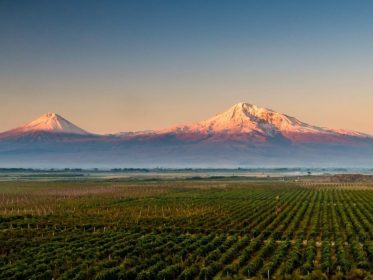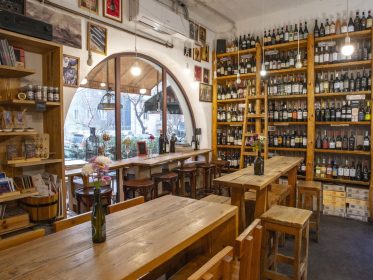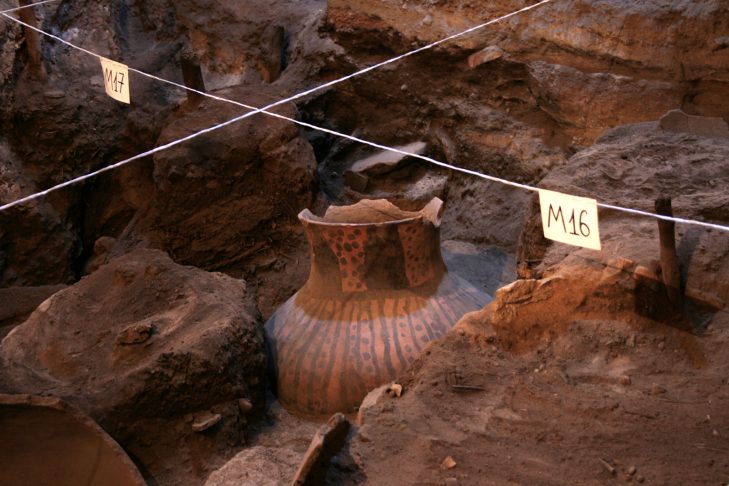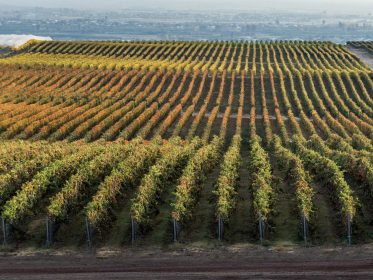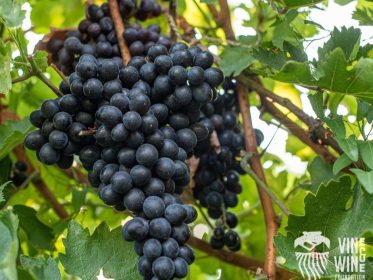EXPLORE ARMENIA THROUGH A GLASS OF WINE
Reimagine wine in the most authentic way, pairing age-old traditions with modern winemaking practices in the highlands of Armenia.
Discover the bottled history – Armenia
Nestled between the mountains of the South Caucasus, Armenia is at the crossroads of Europe and Asia. Armenia has a long history of winemaking traditions. And our spirit of experimentation now drives us forward. That’s what Armenian Winemaking artists do to revive forgotten varieties, to create new wines, and tell new stories. Despite being one of the oldest winemakers in the world, we are dedicated to innovation and creativity, and challenging winemaking traditions to showcase the potential of Armenian indigenous grape varieties.
We devotedly protect our more than 6-millenia-old traditions in viticulture and winemaking. The sound scientific data, the discovery of Areni-1 cave complex, many millennia-old wine-presses, jars and karases (Armenian clay vessels), charred remnants of grape seeds and many other pieces of evidence prove that Armenia has an ancient and rich heritage of winemaking and viticulture. In the case of Areni-1, we can claim that it’s the world’s oldest and most complete wine production facility. And more is still waiting to be discovered.
In the current era of developments, we invite you to experience the renaissance of Armenian wine. After a long-lasting supremacy of brandy production, wine production has been booming in Armenia in the last 10 years. We see the establishment of modern and traditional wineries; local and international interest in investments; the combination of modern technology and historical traditions; enthusiastic and dedicated efforts of young winemakers jointly with their experienced friends.
Armenia – the sacred land of wine
Steeped in history and tradition that dates back thousands of years, Armenian viticulture has rich unique traits thanks to its history and terroir. Despite the relatively small territory, the country has a very diverse range of natural conditions.
There are several wine routes to take in order to have hands-on experience making wine and tasting the outstanding wines made by local producers. Armenian wines are world-class because of their history and terroir, particularly a very diverse range of natural conditions, volcanic soil, high-altitude vineyards, and indigenous grape varieties, as well as abundance of sunny days.
The climate varies drastically from one region to the next. Summers are generally hot and dry; meanwhile some locations can be humid. Winters are cold and may reach below 0°C. The altitudes are quite high due to the country being essentially a boiling pot of mountains. Thanks to the altitudinal zonation, wine regions host diverse ecosystems. Spanning through 400-1,750 meters above sea level, high-elevation vineyards are among the highest in the northern hemisphere. Another key feature is the soil either of limestone or volcanic origin, which lends definite flavors to the grapes, and eventually gives the wines an incredibly unique taste. All these unique traits combined result in a diverse and special selection of more than 350 grape varieties. And that is why Armenian wines consistently win honors! The Wine Travel Awards are not an exception: 11 Armenian wine projects and initiatives became leaders at the public vote stage, 4 of them were selected as winners by the professional WTA Jury Committee during the first edition.
The quality of Armenia’s top wines today – whether white or red, rosé or bubbly – is frequently stellar. Five regions of Armenia offer favorable conditions for growing grapes and making wines. Each area ensures a distinctive taste of wines based on the location of vineyards and various indigenous and local grape varieties.
Ararat is the sunniest region in Armenia and ensures favorable conditions for growing Mskhali, Milagh, Karmrahyut, and Garan Dmak grape varieties. Here, there are plenty of activities to do: winery visits, bird watching at Khosrov forest state reserve, paragliding and hot air ballooning.
Vayots Dzor region, the birthplace of the Armenian red grape variety – Sev Areni is the gem of local wine-making art. Coming in October, you will have a full eno-gastronomic experience thanks to Areni Wine Fest.
Armavir region ensures the majority of white grape production in Armenia. Here Garan Dmak, Mskhali and Kangun white grape varieties turn into alluring wines for dozens of winemakers and wineries. Haghtanak, on the other hand, is a red grape variety and wines from Haghtanak have a long aging potential, expressed aromas of dark berries and peppery notes. The must-see in the region is the Cathedral and Churches of St. Etchmiadzin that is on the UNESCO World Heritage Site list. If you come in May, you have a wonderful opportunity to taste delicious Armenian tolma at the Tolma Festival.
Tavush region, the greenest area of Armenia, plays a significant role in wine-making. Banants and Lalvari grape varieties from the Tavush region are a unique addition to the local wine-making.
Aragatsotn region is home to dozens of modern wineries also hosting guests to tour and taste local wine. Here is situated the Wine History Museum of Armenia.
Armenia – your next magnificent enogastronomic destination
First and foremost, what makes Armenia an extraordinary and unique tourism destination is its warm hospitality. Open-hearted Armenians are always ready to dress a table for guests, friends and relatives to turn any and all occasions into a celebration. There are no strangers here – just a family you have not met yet. And tourists can feel this vibe all across Armenia.
The gastronomic culture is very rich in Armenia featuring some of the oldest European dishes and the oldest in the South Caucasus region. A bowl of spas, a creamy soup based on fermented Armenian yogurt, is a delicious starter for your experience. Tolma, grape leaves stuffed with minced meat and rice, Kofta, (Armenian meatballs), and Chi Kofte (Armenian Steak Tartare) and a variety of Armenian cheeses are definitely on the top of the to-taste list. Something else Armenians are remarkably good at preparing is Khorovats (juicy and tender grilled meats) and Basturma (dried spiced meat). Khorovats, a succulent and tender grilled beef, and Basturma (dried spiced meat) are two other dishes that Armenians are very skilled at making. And of course, what would a table be without a glass of Armenian wine?
Wine Street аnd Armenian festival culture
Besides visiting local wineries, you should visit a wine street named after Saryan and wine festivals like the Yerevan Wine Days to try local wine. Each year several central streets in Yerevan host tourists and locals alike with positive emotions, music, colorful lights, and laughter. During these 3 days, more than 35,000 locals and tourists have a chance to taste Armenian wines along with tasty bites. Join the special festival of Yerevan Wine Days on June 2-4, 2023.
Wine and gastro yards in Armenia
Tradition doesn’t make things old, backward or boring. Centuries made us (wine) younger, more vibrant, interesting. The perfect transition between history and modern life. We speak about impressions of happiness, of life in general that transcends time, nationality, location remaining forever relevant, forever human at its heart, and always “young”.
The GastroYards are local households offering enogastronomic experiences as agrotourism initiatives. Engage in the delicious routines of Armenian families by picking grapes, tasting wine, cheese, dried fruits or tea, going hiking, or just singing and dancing in Armenian. You can also take masterclasses with the locals and truly immerse yourself into the local traditional experience. You can bake lavash, make sujukh, learn carpet weaving, or make cross stones just to name a few.
Sharing the common mission to promote Armenia as an enogastronomic tourism destination
Preserving over 6,100-year-old Armenian winemaking traditions, Armenia’s rich culture and historical heritage are nowadays combined with excellent opportunities for development of viticulture and winemaking, climatic conditions, rich diversity of grape varieties, modern technologies and scientific potential, strengthening the basis of sustainable development of the sector.
Photos are provided by the Tourism Committee of Armenia and the Vine and Wine Foundation of Armenia

